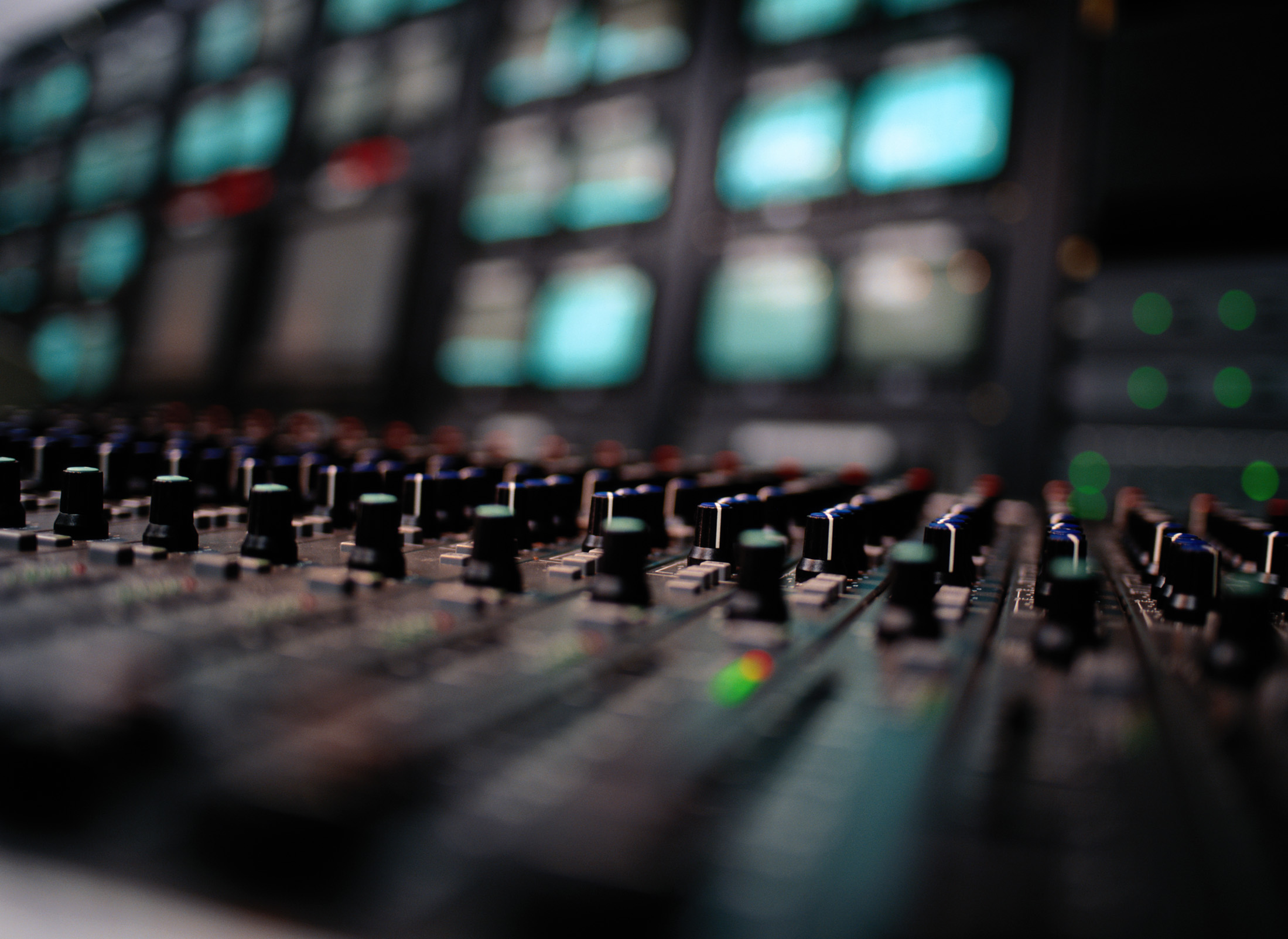Audio engineering is the most important job when it comes down to mastering audio in any industry there is, Music, Film and so on. On this topic we will be talking about “Mastering Vocals and tracks”.
What are Vocals in music?
Vocal music typically features sung words called lyrics,
although there are notable examples of vocal music that are performed using
non-linguistic syllables, sounds, or noises, sometimes as musical onomatopoeia.
A short piece of vocal music with lyrics is broadly termed a song.
What is Mastering in music?
Mastering, a form of audio post-production, is the process
of preparing and transferring recorded audio from a source containing the final
mix to a data storage device (the master); the source from which all copies
will be produced (via methods such as pressing, duplication or replication).
First Thing First: Headphones are poor for mastering a track and vocals but a lot of people somehow like to use headphones.
"If you don’t have any studio motions than the best way to go is for the headphones".
For studio motions you do not have to spend such amount of
money to get a great sound out of your tracks but if you want more of a clear where you
will be able to hear each sound in a single song than you will spend amount of money.
Keep the artist not so close to the microphone a few
feet back shall be good enough and make sure that everything is level before
recording the artist to make things easier.
Let’s Work Backwards: Before adding the nice effects on the vocals the engineer will have to keep looping over each vocal and listen carefully to fade ever tiny little sounds that’s coming from the background,
"The littlest problems can make a big different".
Nicely Done: Reverb, Delay, Desser, EQ’ing, Compressing and Great Listen Ears are a most to have when mastering vocals or tracks. The engineer wants to make sure that every word of each bar/line is clear and clean so the listeners can understand each word that the artist is saying.
- "Be carefully with the Reverb you don’t want too much nay less.
- Go easy on the Delay nay whatever fits you go for it.
- Only use the Desser if you hear a lot of “Shh”nay “Ess”, that goes for both Male and Female vocals listen carefully.
- Don’t add the Compressor until the final of each vocal; the Compressor shall be the last thing you can add to the vocal.
- EQ’ing is like the compressor but you can play around more with the highs, mids and lows of each vocal, which is added first".

No comments:
Post a Comment